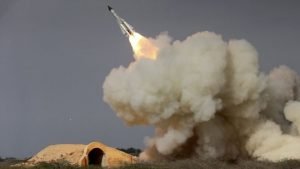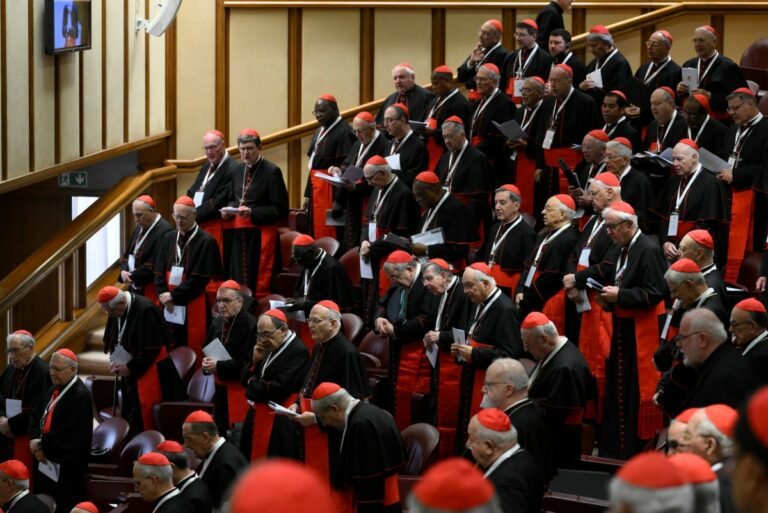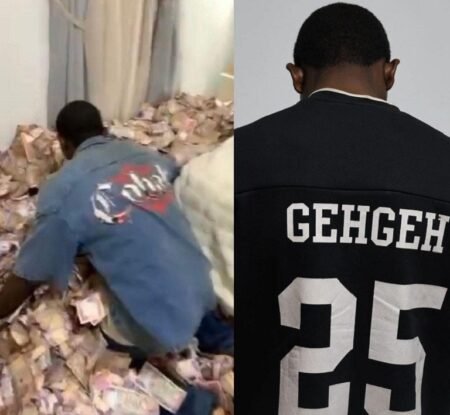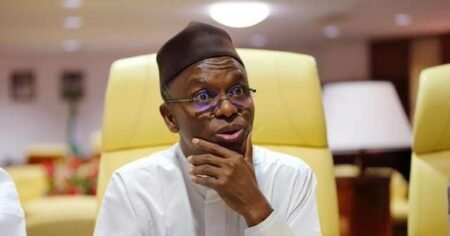Catholic cardinals will begin voting for a new pope on May 7, the Vatican announced Monday, a week after the passing of Pope Francis.
Cardinals under the age of 80, known as the “Princes of the Church,” will gather in the Sistine Chapel to select the next leader for the world’s 1.4 billion Catholics.
The decision was reached during a Monday meeting involving cardinals of all ages, held two days after the funeral of Francis, who died on April 21 at the age of 88.
Following the Argentine pope’s death, all 252 cardinals were summoned to Rome, although only 135 are eligible to participate in the conclave.
Coming from various parts of the world, many cardinals are meeting each other for the first time. However, they have already held four “general congregations” last week, aimed at fostering familiarity among them.
Cardinal Gualtiero Bassetti, 83, former head of the Italian bishops’ conference, described the atmosphere as a “beautiful, fraternal atmosphere.” He added, “Of course, there may be some difficulties because the voters have never been so numerous and not everyone knows each other,” speaking to Italy’s Corriere della Sera.
The Vatican has closed the Sistine Chapel to prepare for the voting, which will occur under Michelangelo’s iconic 16th-century ceiling frescoes.
So far, little information has emerged regarding the potential front-runners. Spanish Cardinal Jose Cobo reflected on the uncertainty in an interview with El Pais, saying, “I believe that if Francis has been the pope of surprises, this conclave will be too, as it is not at all predictable.”
Pope Francis was laid to rest on Saturday, drawing an estimated 400,000 mourners, including heads of state, royalty, and countless pilgrims, to St Peter’s Square. On Sunday, around 70,000 people visited his tomb at the Santa Maria Maggiore Basilica in Rome, where he had chosen to be buried outside the Vatican’s traditional confines.
Leading contenders and bookmakers’ predictions
In the midst of global conflict and diplomatic crises, Italian Cardinal Pietro Parolin, who served as Francis’ secretary of state, is widely considered a leading candidate to succeed him. According to British bookmakers William Hill, Parolin narrowly edges out Filipino Cardinal Luis Antonio Tagle, followed by Ghana’s Cardinal Peter Turkson.

Others ranked closely include Matteo Zuppi, Archbishop of Bologna; Guinea’s Cardinal Robert Sarah; and Pierbattista Pizzaballa, the Latin Patriarch of Jerusalem.

Francis’s papacy, marked by efforts to build a more compassionate Church, endeared him to many but also provoked opposition among conservative factions, particularly in the United States and Africa.
Roberto Regoli, a professor of Church history and culture at Rome’s Pontifical Gregorian University, explained that unity will be a priority: “We are in a period in which Catholicism is experiencing various polarisations, so I don’t imagine it will be a very, very quick conclave.”
However, Cardinal Bassetti, who will not be voting due to his age, believes otherwise: he suggested the process “will not be long.”
Although Francis appointed about 80 percent of the cardinal electors, this does not guarantee they will select someone exactly in his mold. Many of the electors are attending a conclave for the first time and are relatively young.
High expectations for new leadership
The conclave will follow a highly secretive voting process, with strict ceremonial rules. Each day will allow for up to four votes — two in the morning and two in the afternoon — until a candidate secures a two-thirds majority.
With Europeans now comprising less than half of the eligible voters, many are emphasizing the need for a globally-minded pontiff.
Cardinal Dieudonne Nzapalainga from the Central African Republic told Il Messaggero: “The future pope must have a universal heart, love all the continents. We must not look at colour, at origin, but at what is proposed.”
He added, “We need a courageous leader, a bold one, capable of speaking forcefully, of holding the helm of the Church steady even in storms… offering stability in an era of great uncertainty.”
Meanwhile, Patrizia Spotti, a 68-year-old Italian pilgrim visiting Rome for the upcoming 2026 Jubilee holy year, expressed her hopes for the new pope, saying she wishes he would be “a pope like Francis.”
Reflecting on the state of the Church, she said, “Churches are empty. And the Church itself has made mistakes, all the scandals with the children,” referencing the devastating revelations of clerical abuse.










